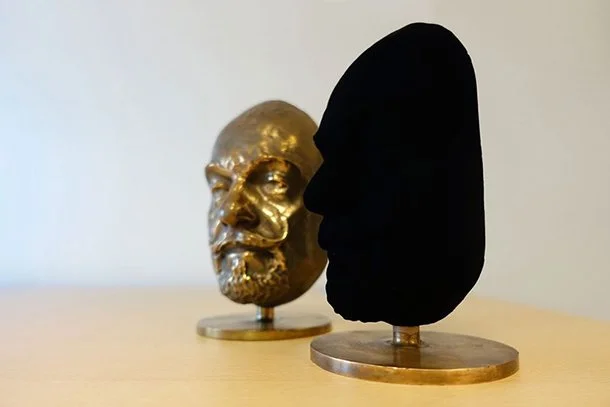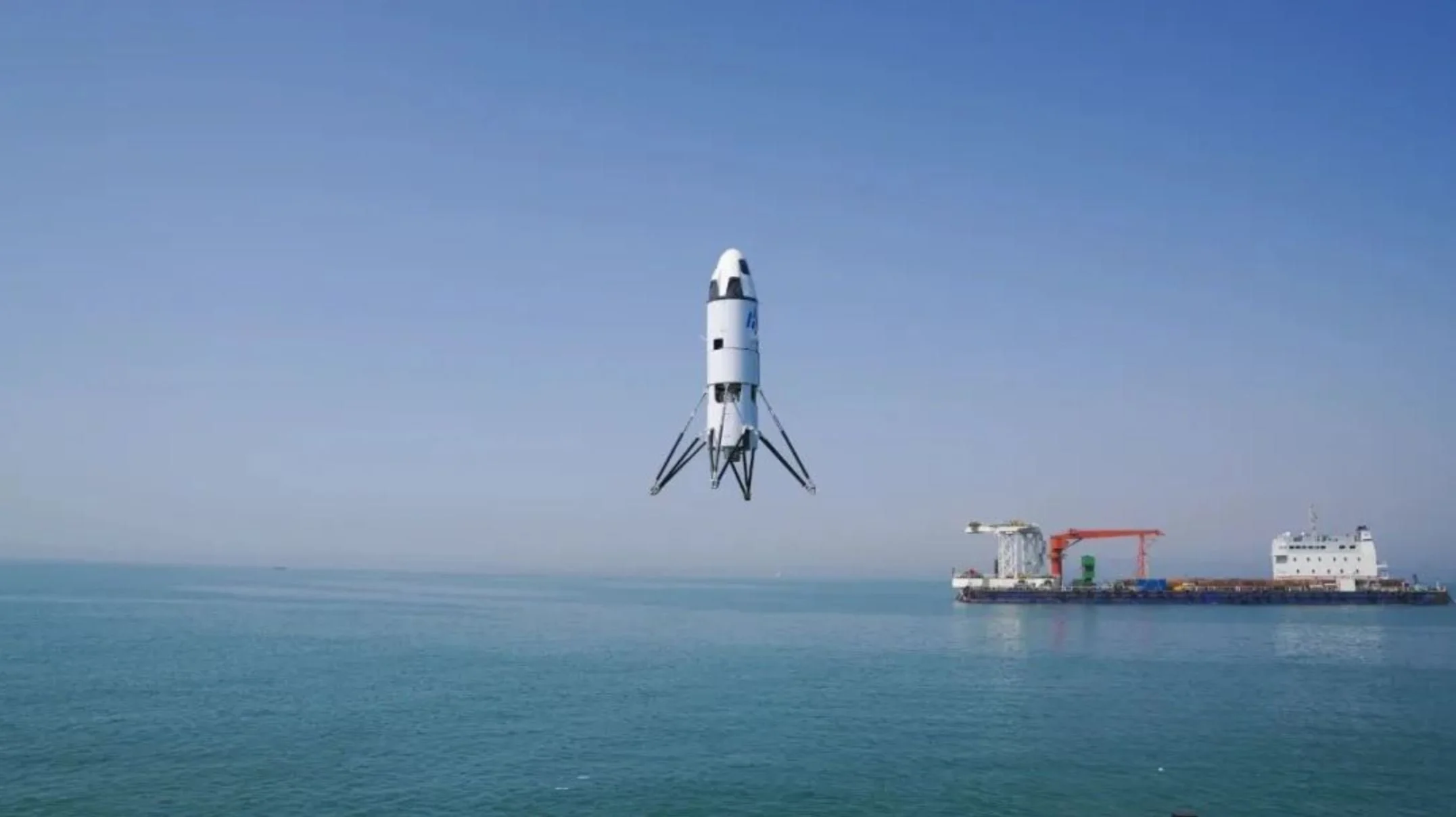Eccentric Orbits: The Iridium Story
Bear,
Many thanks for "Eccentric Orbits." Today it was too hot to work in the yard, so I finished my Iridium book.
It was a wonderful treat to learn the story of the evolution of the big satellite constellation that I lived through ... seen from the other side. As a hardware supplier, Barnes Engineering could only look upward through the layers of competing satellite fabricators, systems builders, Motorola (the prime contractor/owner), financial backers, management personalities, U. S. Government agencies, and international consortiums. To learn what had been really going on at the top was very revealing indeed.
As tech guys, we learned everything about the proposed constellation's operation, the orbits, alternate satellite designs, and the battles between satellite makers to build the system .... well, because that was my job. We won a position on the satellites by inventing the first long-life, solid-state, no-moving-parts Earth sensors. I pitched the novel design to the three senior Motorola engineers who invented Iridium ... they invited me back ... they visited Barnes Engineering many times ... they trusted us to develop our idea into a space-worthy instrument ... and, today, those sensors are still up there, working fine, years after their design-life was up.
However, we knew next to nothing about the horrible "end game," which is really the focus of the book.
Iridium was and still is a technical masterpiece but a complete business failure. "Eccentric Orbits" reveals the intrigue of getting private financing together to buy the completed, successfully operating constellation from Motorola, who by the end desperately wanted to de-orbit all the satellites in a controlled fashion while they were still covered by iron-clad insurance. They were desperate to eliminate the legal exposure of having their now bankrupt system up there ... unattended and derelict ... slowly decaying in an uncontrolled fashion and threatening to rain down 77 non-responsive spacecraft all over the Earth in the next few decades. As a result, the whole beautiful thing that cost $6 billion sold for about 10% of that.
The buyer changed the business model from general worldwide cell phone coverage to covert communications, emergency phone service, and asset tracking. Every Catapillar tractor has an Iridium phone welded into it. Ironically, they have not yet managed to persuade the world's airlines to do the same.
Thanks again,
Love Ya!








